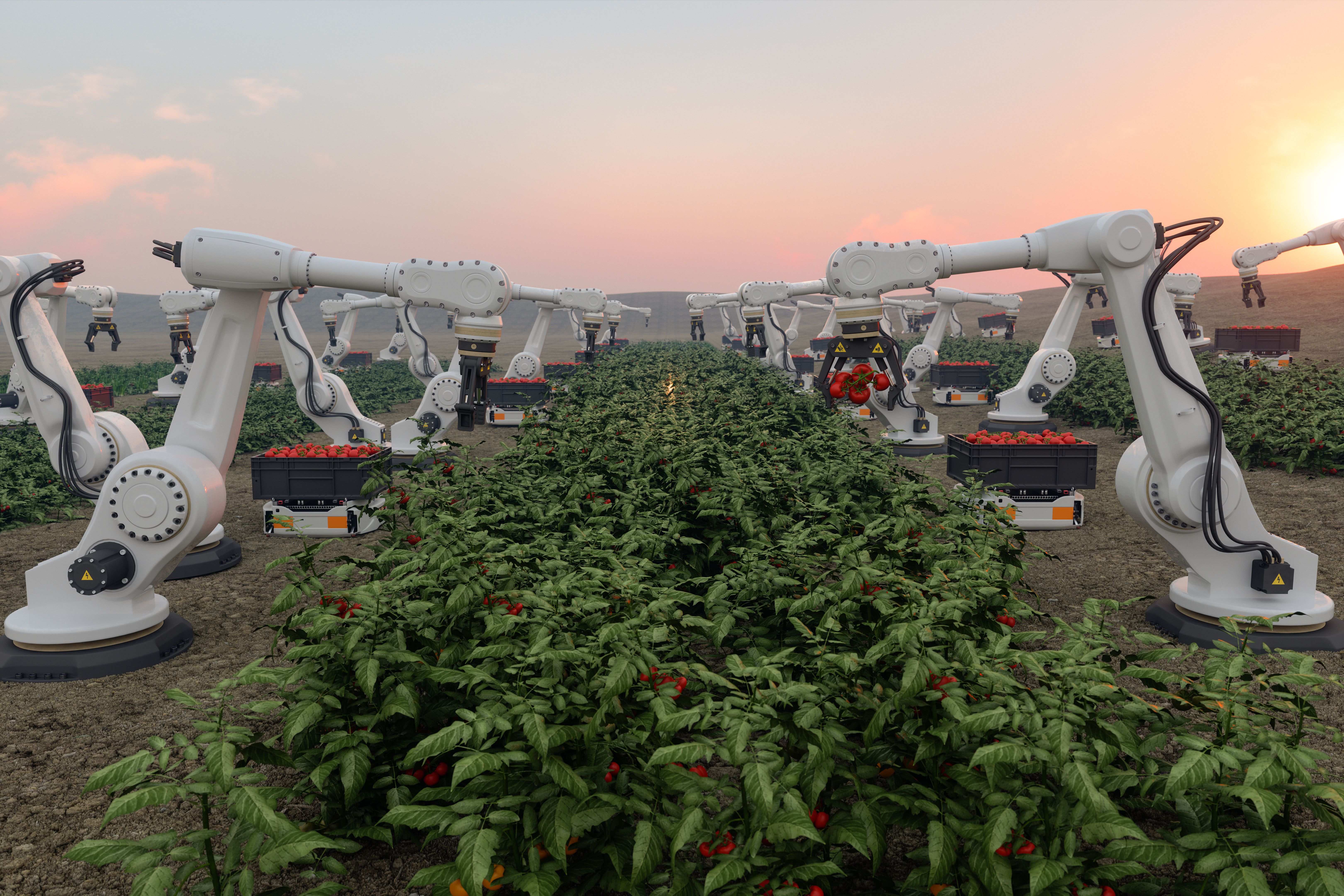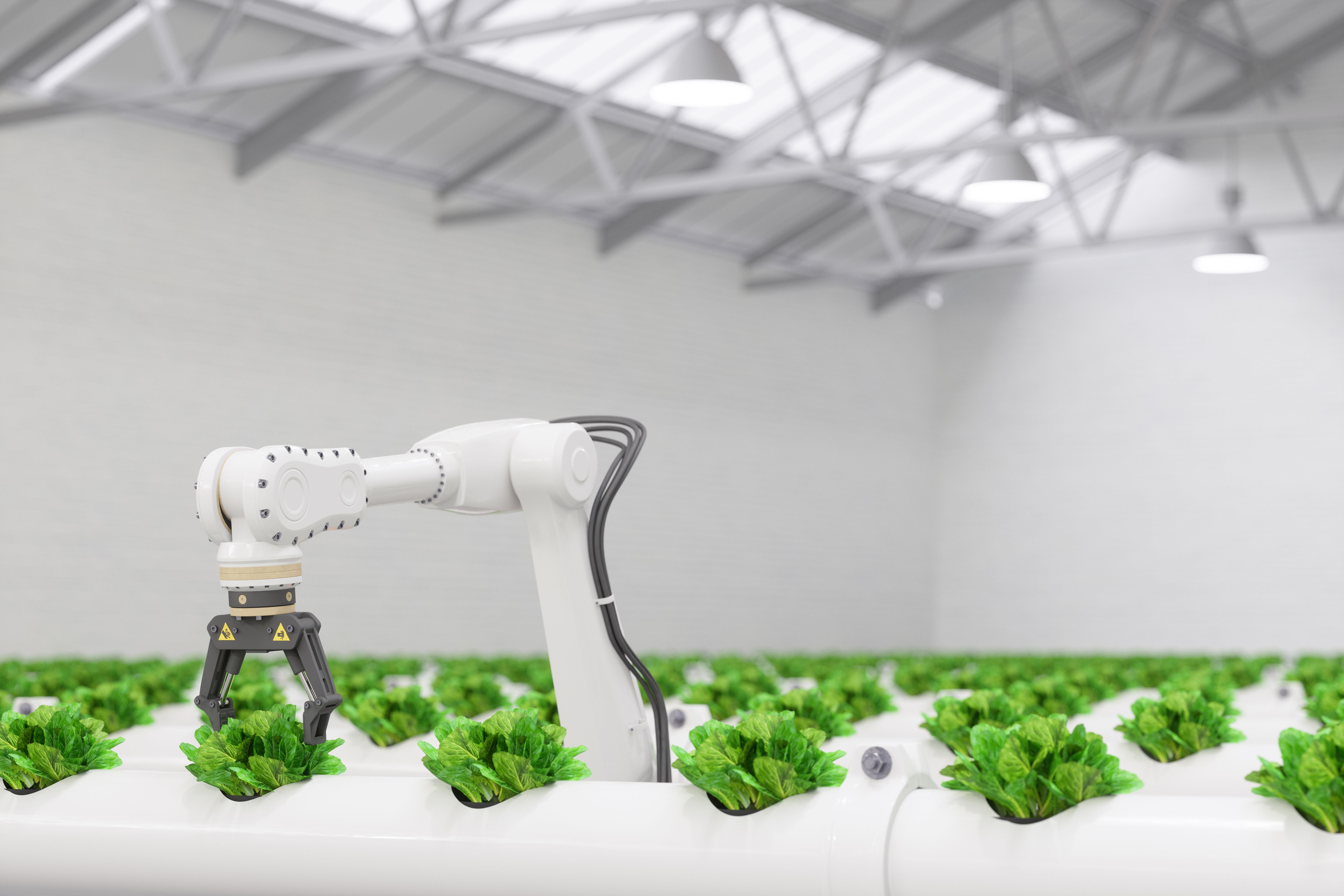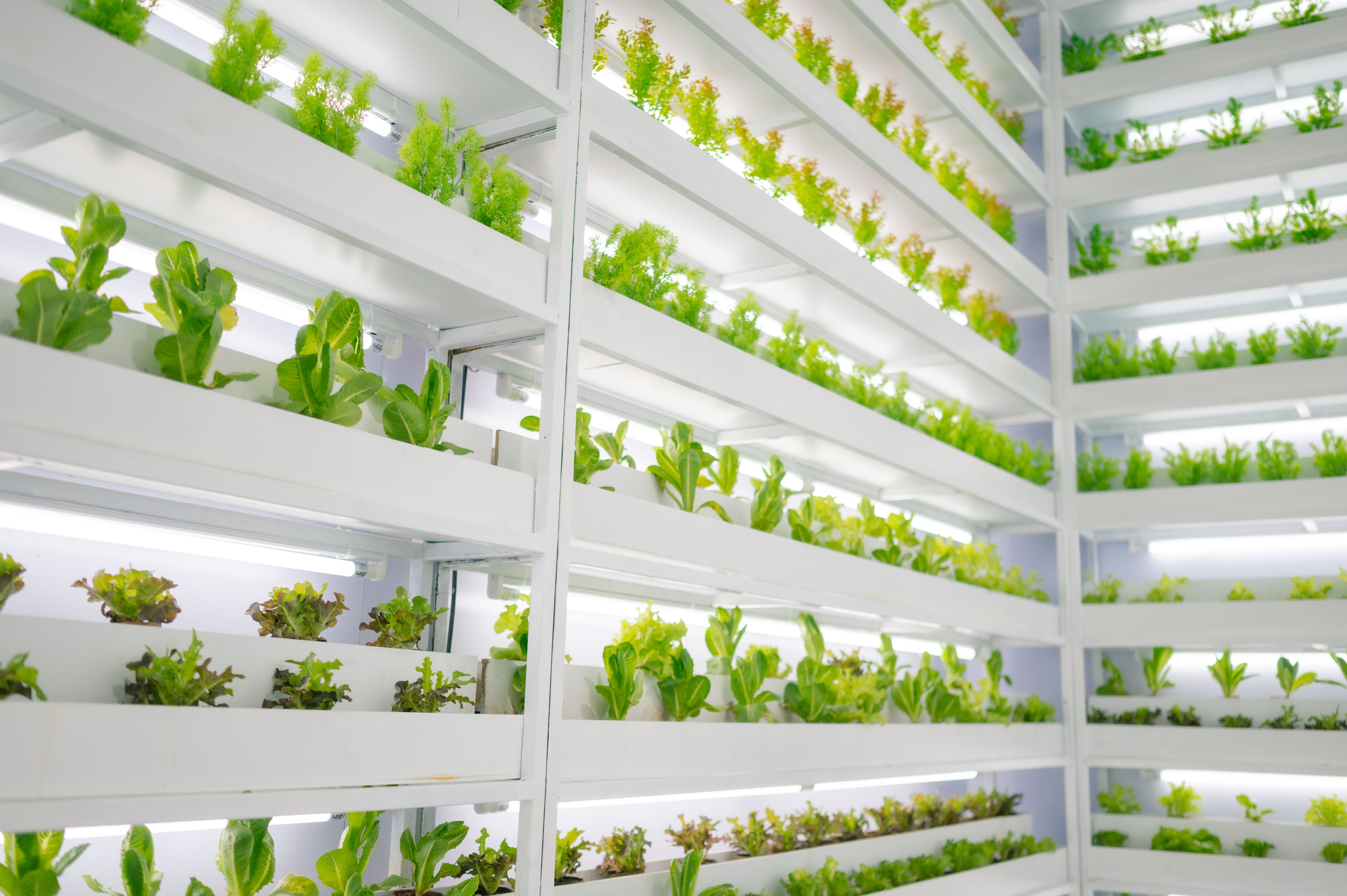Innovations in Agricultural Technology: Boosting Crop Yields
Introduction to Agricultural Innovations
The agricultural industry is undergoing a significant transformation, driven by the need to increase crop yields and meet the demands of a growing global population. Innovations in technology are playing a crucial role in this evolution, offering farmers new tools and techniques to enhance productivity and sustainability.
From advanced machinery to data-driven farming practices, these innovations are not only boosting crop yields but also revolutionizing the way agriculture is practiced globally. This blog post explores some of the most promising technological advancements in agriculture today.

Precision Agriculture
One of the most impactful innovations in agricultural technology is precision agriculture. This approach utilizes data analytics, GPS, and IoT devices to optimize field-level management regarding crop farming. Farmers can now monitor soil conditions, crop health, and moisture levels in real-time.
Precision agriculture allows for more targeted applications of water, fertilizers, and pesticides. This not only maximizes yield but also reduces waste and environmental impact. Ultimately, it empowers farmers to make informed decisions that can significantly improve productivity.
Sensors and IoT Devices
Sensors and IoT devices are at the heart of precision agriculture. These tools collect vast amounts of data from the fields, providing insights into various factors affecting crop growth. By analyzing this data, farmers can predict weather patterns, assess soil health, and even detect pest infestations early.
Automated Machinery
The introduction of automated machinery has revolutionized the way farming operations are conducted. Tractors equipped with GPS technology can now operate autonomously, planting seeds and harvesting crops with minimal human intervention. This automation reduces labor costs and increases efficiency.
Moreover, drones are being used for aerial surveillance and spraying crops. They offer a bird's-eye view of the fields, enabling farmers to quickly identify areas that require attention. These machines are designed to work tirelessly, ensuring that operations are conducted swiftly and accurately.
Robotic Harvesting
Robotic harvesting systems are another exciting development in agricultural technology. These robots are designed to pick fruits and vegetables with precision, reducing the risk of damage to the produce. They can work around the clock, ensuring that crops are harvested at the optimal time.

Biotechnology in Agriculture
Biotechnology is playing an increasingly important role in enhancing crop yields. Through genetic engineering, scientists are developing crops that are more resistant to pests, diseases, and adverse weather conditions. This innovation not only boosts productivity but also ensures food security.
Crops can be engineered to grow faster and require fewer resources, making them more sustainable. Additionally, biotechnology enables the development of plants with improved nutritional profiles, addressing malnutrition issues in various parts of the world.
Sustainable Practices
Integrating biotechnology with sustainable farming practices ensures that agriculture remains viable for future generations. By reducing dependency on chemical fertilizers and pesticides, biotechnology promotes a more environmentally friendly approach to farming.

In conclusion, innovations in agricultural technology are crucial for meeting the challenges of modern-day farming. By embracing these advancements, farmers can significantly boost crop yields while ensuring sustainability and environmental protection. As technology continues to evolve, the future of agriculture looks promising and full of potential.
